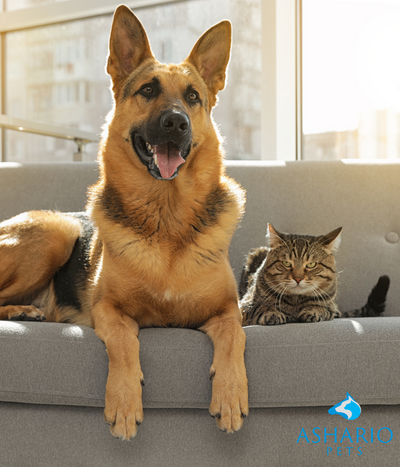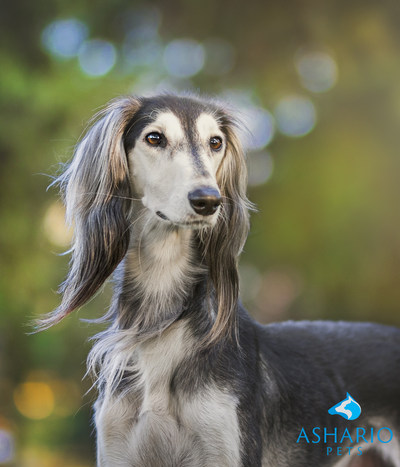Grain-Free Dog Food: A Growing Trend and Its Benefits
In recent years, grain-free dog food has gained significant popularity among pet owners. This trend reflects a growing awareness of the dietary needs of dogs and the potential benefits of a grain-free diet. Many pet owners are turning to grain-free options for various reasons, including food sensitivities, allergies, and a desire for a more natural diet.
One of the primary motivations for choosing grain-free dog food is the belief that dogs are primarily carnivorous in nature. While dogs can digest grains, many owners feel that a diet rich in animal proteins and free from grains may be more aligned with their pet's natural dietary needs. Grain-free dog foods typically use alternative ingredients such as sweet potatoes, peas, and lentils as primary carbohydrate sources, offering a nutritious and digestible option for dogs.
Another significant advantage of grain-free dog food is its potential to alleviate allergies and sensitivities. Some dogs may experience adverse reactions to certain grains, leading to symptoms such as itchy skin, digestive issues, and ear infections. By eliminating grains from their diet, pet owners often notice an improvement in their dog's overall health and well-being. Grain-free options can provide relief for these pets and promote a healthier lifestyle.
Moreover, grain-free dog food is often higher in protein content, which can be beneficial for active dogs or those requiring more energy. A protein-rich diet supports muscle development, helps maintain a healthy weight, and provides sustained energy levels for playtime and exercise. Owners seeking to provide their dogs with a nutrient-dense diet may find grain-free options particularly appealing.
However, it is essential to approach the transition to grain-free dog food thoughtfully. Pet owners should consult with their veterinarians before making any significant changes to their dog's diet. Not all grain-free diets are created equal, and some may lack essential nutrients that dogs require for optimal health. A veterinarian can help determine whether a grain-free diet is suitable for a specific dog based on their health status, age, and activity level.
It's worth noting that the FDA has been investigating potential links between grain-free diets and certain heart conditions in dogs, specifically dilated cardiomyopathy (DCM). While research is ongoing, pet owners should stay informed and make dietary choices in consultation with their veterinarians. Balancing the benefits of a grain-free diet with the potential risks is crucial in ensuring a dog's health and happiness.
In conclusion, grain-free dog food represents a growing trend that many pet owners are embracing. With its benefits such as improved digestion, reduced allergies, and higher protein content, grain-free options can be a valuable addition to a dog's diet. However, it is vital to approach this dietary choice carefully and seek professional advice to ensure that the chosen food meets the dog's nutritional needs.
Stay connected with Ashario Pets through our website at https://ashariopets.ca/. For the latest updates, promotions, and adorable glimpses into the lives of our furry friends, follow us on Instagram and TikTok @ashariopets. Questions or inquiries? Reach out to us at 647-564-4433 or drop us an email at mailto:info@ashariopets.ca.
Contact Information:
- Address: 1111A Finch Ave West, Unit 2
- Phone: 647-564-4433
- Website: https://ashariopets.ca/
- Email: mailto:info@ashariopets.ca
- Instagram: @ashariopets
- Tiktok: @ashariopets




